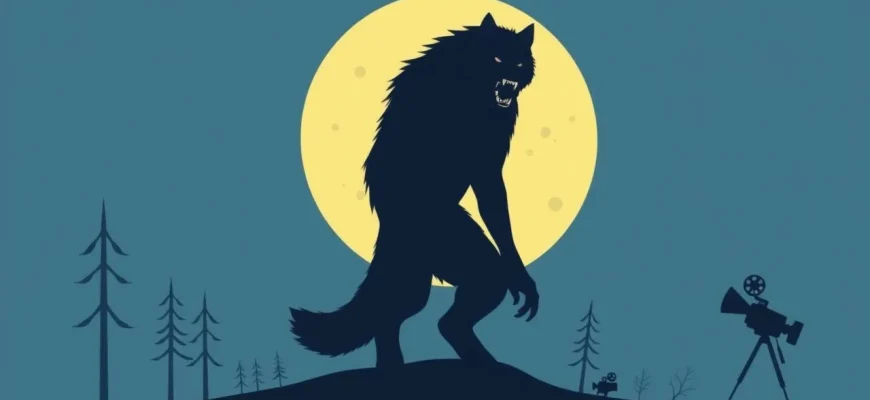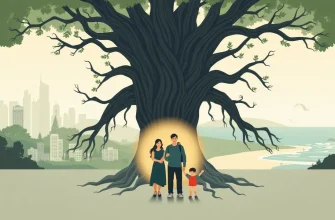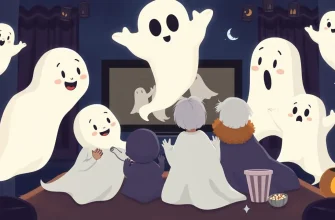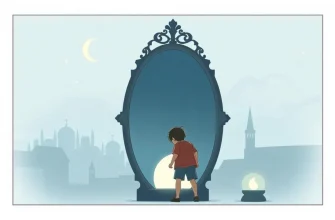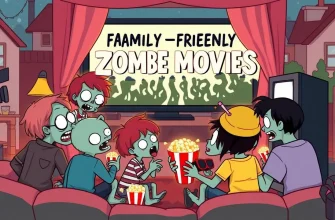Werewolves have long captured our imagination with their blend of horror, fantasy, and transformation. From the eerie full moon nights to the internal struggle between man and beast, these creatures offer a rich tapestry of storytelling. This collection of films showcases the best of werewolf cinema, each bringing something unique to the table, whether it's through groundbreaking special effects, compelling narratives, or unforgettable performances. Whether you're a seasoned fan of lycanthropy or a newcomer to the genre, these films are sure to howl at your heartstrings.

An American Werewolf in London (1981)
Description: This film is a cornerstone of werewolf cinema, blending horror with dark comedy. Its groundbreaking transformation scenes set a new standard for special effects in the genre.
Fact: The transformation scene took over a month to film, and the film won an Academy Award for Best Makeup.
 Watch Now
Watch Now 
The Howling (1981)
Description: Another classic from the same year as "An American Werewolf in London," this film explores the psychological horror of lycanthropy with a focus on a TV reporter's investigation into a mysterious retreat.
Fact: The film was inspired by the novel by Gary Brandner, and its transformation scenes were done using practical effects.
 Watch Now
Watch Now 
Silver Bullet (1985)
Description: Based on Stephen King's novella "Cycle of the Werewolf," this film tells the story of a small town terrorized by a werewolf, with a young boy in a wheelchair becoming the unlikely hero.
Fact: The film features a cameo by Stephen King himself as a preacher.
 Watch Now
Watch Now 
Wolf (1994)
Description: Jack Nicholson stars as a man who becomes a werewolf after being bitten by a wolf, exploring themes of power, aging, and primal instincts.
Fact: The film was directed by Mike Nichols, known for his work on "The Graduate" and "Who's Afraid of Virginia Woolf?"
 Watch Now
Watch Now 
Cursed (2005)
Description: A modern take on the werewolf legend, this film follows siblings who are bitten by a beast and must navigate their new lives as werewolves.
Fact: The film underwent extensive reshoots and re-editing, which significantly altered the original vision of director Wes Craven.
 Watch Now
Watch Now 
Dog Soldiers (2002)
Description: A British horror-comedy that pits a squad of soldiers against werewolves in the Scottish Highlands, known for its intense action sequences and witty dialogue.
Fact: The film was Neil Marshall's directorial debut, who later directed "The Descent."
 Watch Now
Watch Now 
Underworld (2003)
Description: While not exclusively about werewolves, this film features a centuries-old war between vampires and werewolves, with a focus on the lycanthrope side of the conflict.
Fact: The film spawned a franchise, with several sequels exploring the lore of both species.
 Watch Now
Watch Now 
The Wolfman (2010)
Description: A remake of the 1941 classic, this film brings the tragic tale of Lawrence Talbot into the modern era with stunning visuals and a haunting atmosphere.
Fact: The film was originally set to be directed by Mark Romanek, but Joe Johnston took over after Romanek left due to creative differences.
 Watch Now
Watch Now 
Werewolf: The Beast Among Us (2012)
Description: Set in the 19th century, this direct-to-video film follows a young man who becomes a werewolf hunter, uncovering dark secrets in his village.
Fact: It was released as part of Universal's "Universal 100th Anniversary" series.
 Watch Now
Watch Now 
Ginger Snaps (2000)
Description: This Canadian film uses the werewolf myth as a metaphor for puberty and the loss of innocence, offering a fresh take on the genre with its dark humor and strong female leads.
Fact: The film was shot in Edmonton, Alberta, and its sequel, "Ginger Snaps 2: Unleashed," was released in
 30 Days Free
30 Days Free 
